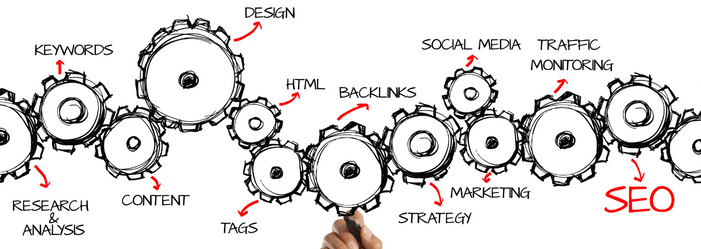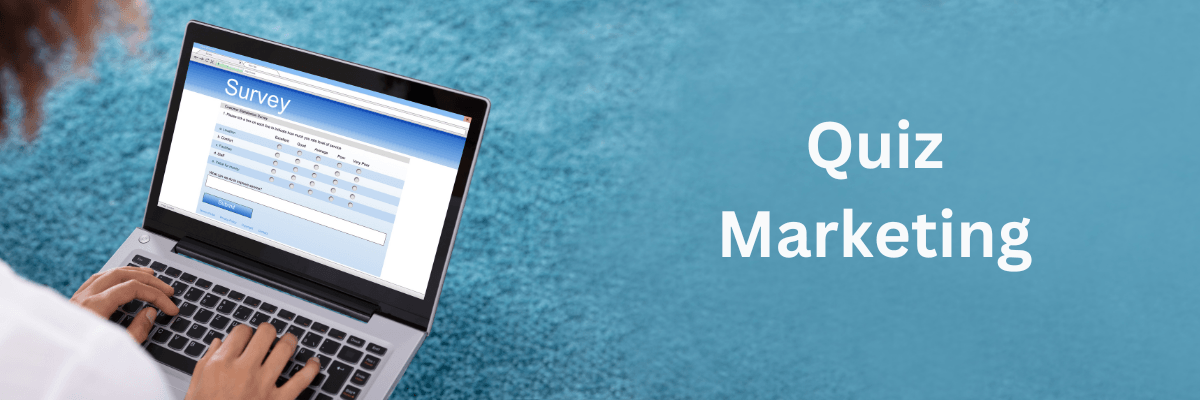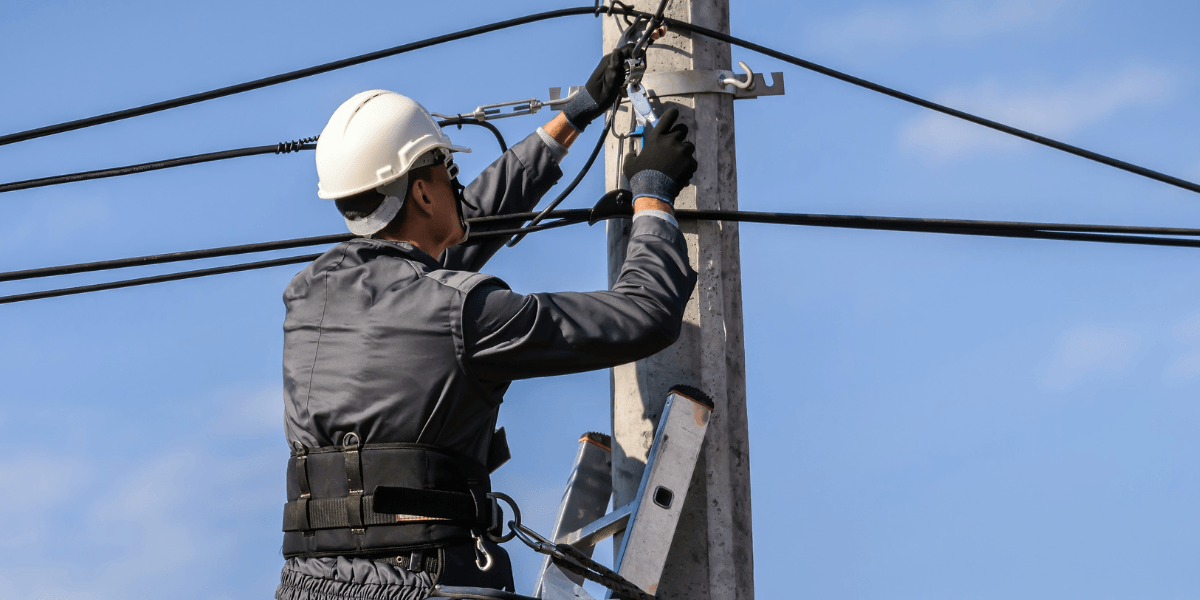Why is SEO Important for Business?
“If you are trying to grow your qualified search traffic, you have to combine your content marketing with your SEO efforts.” – Neil Patel

Why is SEO Important for Business?
Wondering what SEO does for your business? Well, it does many things to cost-effectively enable businesses to both understand and reach customers for organic business growth.
SEO ensures your customers find you when looking for your product and services. Secondly, it matches search intent. And most importantly, it increases the visibility of your business.
That said, it is crucial to understand which factors could ruin your SEO efforts.
Below is information about what SEO is and how your website structure affects your search engine optimisation efforts.
What is SEO?
SEO (search engine optimization) refers to getting traffic to a website through organic search results. Several tasks are involved in SEO, such as creating high-quality content, optimising content for a specific keyword, and establishing backlinks.
Search engine optimization (SEO) improves a website's organic (non-paid) ranking in search results. Effective SEO enables websites to receive "free" traffic for specific keywords.
How does SEO Work?
Search engine optimization involves optimising your website for search engines such as Google, Bing, Amazon, or YouTube. In other words, it’s purpose is to ensure that a search engine sees your website as the best result possible.
Google's algorithm determines the "best" result based on authority, relevance, loading speed, and more. According to experts, Google's algorithm includes over 200 ranking factors.
On-Page SEO vs. Off-Page SEO
Generally, two types of SEO strategies are effective: on-page SEO and off-page SEO.
- On-page SEO refers to factors and techniques you control that affect your website's performance.
- Off-page SEO focuses on promoting your brand or website across the Internet.
In essence, On-page SEO involves creating a website that appeals to users and, as a result, search engines. In contrast, Off-page SEO involves getting exposure for a website while building trust and authority.
On-Page SEO
On-page SEO refers to everything you do on your website to improve its search engine ranking. Keywords, HTML tags, page titles, and mobile friendliness are "basic" parts of search engine optimisation.
This aspect of SEO ensures that your website's content can be crawled, indexed, and understood by search engines. Nevertheless, it's much, much more.
In addition to improving the user experience for users on your website, on-page SEO also includes techniques to improve your website's performance. On-page SEO needs to make your website "delicious" for humans to visit so that search engines can recommend the best websites to users.
Off-Page SEO
An off-page SEO strategy involves getting links from other websites to increase the authority of your domain. Here is a fun way to understand how off-page SEO works. Suppose the duckies in your bathtub are your pages, and you start filling water (links) in your tub. As a result, your duckies will move to the top due to water filling (links). Your website works. Similarly, the more quality links they have, they will move to the top result of search engines.
Search engines evaluate the website's authority through a Domain Authority metric. Hence, the higher the website's domain authority, the more it would rank in the top results.
Which One is More Important?
There is no comparison regarding which is better between the two. Both on-page and off-page SEO play a crucial role in increasing the visibility of your website. Therefore, it’s necessary to balance your SEO strategy by considering both of these factors to enable you to earn higher rankings on search engines.
How Does Poor Website Structure Affect SEO?
Website structure is one of the pivotal factors to consider for SEO success. A great website structure helps ensure you achieve your SEO goals, and visitors don't bounce off. Without a logical website structure, users are unable to interact with your website effectively. The following are ways in which website structure can impact your SEO efforts :
Navigation becomes Difficult
Poor Web design can result in poor navigation. Hence, users may be unable to find what they are looking for on your website. Examples are when some buttons may not operate at all, or dropdown tabs may not drop. This means visitors won't be able to access other website pages, which cannot be good for your SEO. Eventually, it leads to fewer visitors and overall traffic on your website.
Content becomes Inaccessible
One more outcome of poor website structure is that your material becomes inaccessible. Mobile users are more likely to experience this. Even if visitors can access your information adequately on desktop devices, this doesn't guarantee that mobile users will have the same experience.
If the content is not optimised, it can appear fragmented or too big to fit on a mobile device. In some instances of poor graphic design, ineffective ad placement also renders content unavailable.
Website Traffic Bounces Off
Badly designed websites sometimes have high bounce rates among their users. The statistic known as bounce rate tells us how long visitors stay on a website before leaving. When the bounce rate is higher, less time is spent on your website's other pages.
This occurs as a result of a bad link-building strategy. Your goal should be for visitors to click on a link and then return to finish reading the rest of your article. However, visitors will most likely leave if your page has a poor design and may never return to your content.
Need Help in Creating Effective SEO Strategy For Your Business?
SEO has become fundamental for your online business success. It plays an elementary role in making sure customers find your business. For this reason, both On-page and Off-page play a decisive part in ranking your website. Furthermore, your website structure is another aspect that must be considered to make your SEO efforts fruitful.
At Omni Communications, we understand how difficult it may be for business owners to develop a winning SEO strategy. Everything requires a lot of planning, from taking care of SEO factors, search engine algorithms, and building a logical website structure, which may become a difficult task for many business owners. We can work with you, so you don't have to worry about it. Our SEO experts will provide you with a free Website SEO Audit and guide you in the process to ensure everything is up to speed.
For more information, contact us using the Contact Form below, call us on 0161 507 7999











